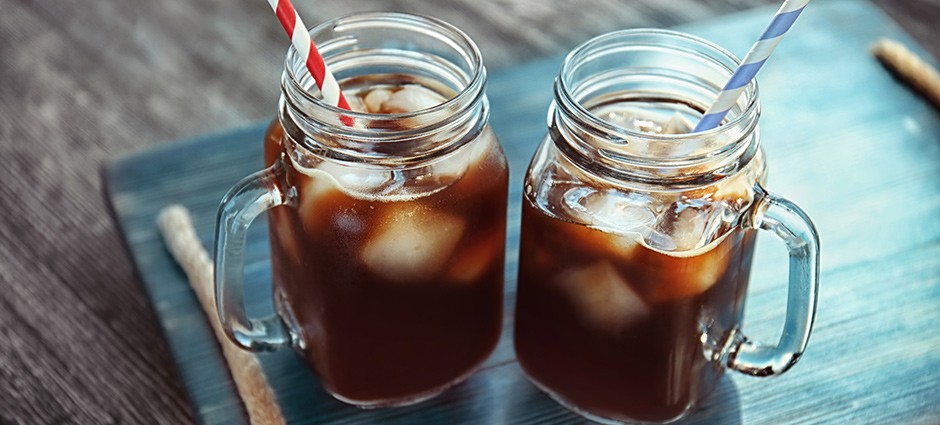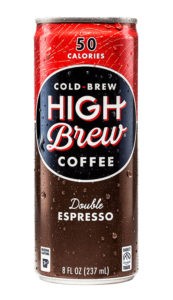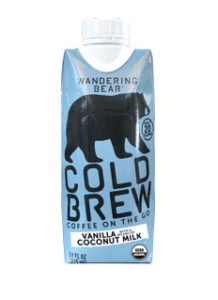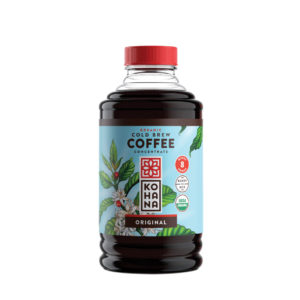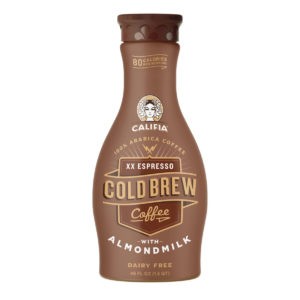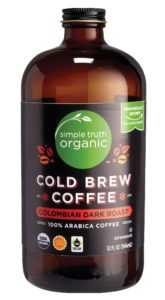Cold brew—which burst on to the American coffee scene a few years back and continues to grow in popularity—may sound like a synonym for “iced coffee,” but the two are quite distinct. And it all comes down to chemistry.
“Really good coffee has natural sugars that develop during the roasting process, and the cold-brew method helps extract all of that really good sweetness from the coffee,” says Lisette Gaviña Lopez, marketing director for California-based Don Francicso’s Coffee. “It’s so drinkable and refreshing.”
How It Works
Iced coffee is simply traditionally brewed coffee that has been refrigerated or cooled with ice cubes. For cold brew, however, the grounds steep in cold or room-temperature water for a full day, creating a concentrated beverage that is lower in acidity than regular coffee. “With regular brews, the heat extracts more acids from the coffee,” Gaviña Lopez explains. Lower acidity leads to a sweeter taste, which means you can often skip adding sugar to cold brews.
The cold-brewing process also uses less water, which makes for a more-concentrated final product that has higher caffeine levels and a thicker mouthfeel. “It’s really strong, which means you can do a lot with it,” Gaviña Lopez says. Read on for a roundup of some of our favorite store-bought varieties.
DIY Cold Brew
Making your own cold brew is akin to cooking in a slow cooker—it takes a long time (12–24 hours), but the process is simple, especially with the right equipment. Here’s how:
- Use a coarse-ground coffee. Fine grounds may end up in your final product.
- If possible, use either a French press or a cold-brew-specific coffee maker. You can also use a mason jar or other glass container with a tight lid, but the process will be messier. Avoid plastic, which can leach chemicals into the coffee.
- Steep the grounds directly in water, using about half the amount of water as you would for regular coffee. For example, the ratio for a French press is usually 1 part coffee to 8 parts water; for cold brew, the ratio becomes 1 to 4 (or 8 tablespoons of grounds per 32 ounces of water). Let sit at room temperature (about 70 degrees or cooler) or in the refrigerator for 12–16 hours for a lighter brew, and up to 24 hours for stronger coffee.
- After coffee is steeped, press down the French press plunger, or remove the filter from the cold-brew pitcher, or pour the coffee through a paper or mesh filter if you’re using a jar (this may be messy).
The result: a cold-brew concentrate that can be diluted with water or ice or used as a base in other beverages.
Coldly Creative.
Cold brew makes an ideal base for protein shakes, sodas, cocktails and more. Or, for flavored cold brew, infuse it during the steeping process with extracts, spices, fruits or herbs. Get creative, or try these delicious recipes from Don Francisco’s:
Single-Serve
STK Cold Brew Coffee Un-Sweet Black
This tasty, straight-up brew uses Arabica-based beans from Utz Certified (read: sustainable) farmers.
High Brew Coffee Cold Brew Double Espresso
Get your sweet fix anywhere, with only 6 grams of sugar in this 8-ounce can.
Stumptown Cold Brew Coffee
Enjoy this rich, chocolatey brew straight out of the glass bottle or pour over ice.
Wandering Bear Cold Brew Vanilla with a Splash of Coconut Milk
Grab this little Tetra Pak for delicious flavor on the go, with only 20 calories and 0 added sugars.

Peet’s Baridi Black Cold Brew
A bold East African brew with floral notes in a 10.5-ounce glass bottle.
Multi-Serve
Kohana Organic Cold Brew Coffee Concentrate Original
USDA Certified Organic, 100% Arabica beans make for a pure, hearty brew—16 servings
in a 32-ounce bottle.
Califia XX Espresso Cold Brew Coffee with Almondmilk
Six servings of dairy-free goodness fill this 48-ounce bottle of direct-trade
(a.k.a. farmer-friendly) coffee.
Simple Truth Organic Cold Brew Coffee Colombian Dark Roast
Buy this robust, 100% Arabica coffee, and part of the proceeds will benefit fair-trade Colombian coffee farmers.

